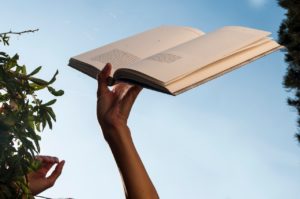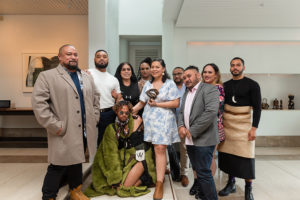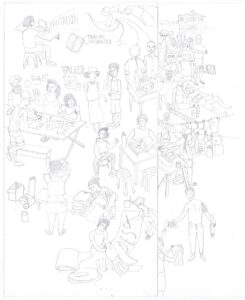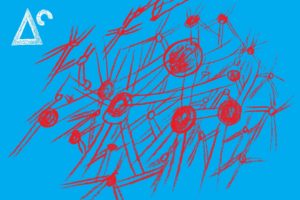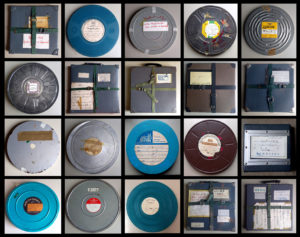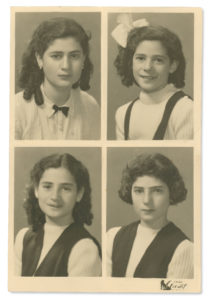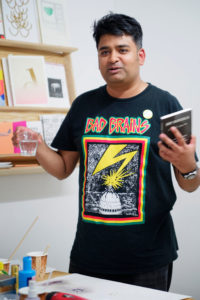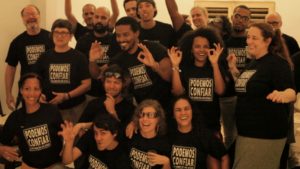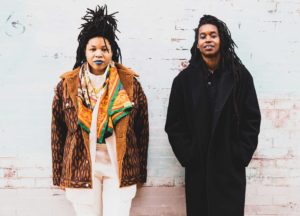Graziela Kunsch is an artist, educator, and mother. In her long-term projects, she refuses to overwork the ideas by herself, in order to make possible the entry of other people, from outside the context of art. She makes initial and open propositions so that other people can be co-creators, not just participants, so that the initial proposition is transformed and embraces a diversity of views and practices.
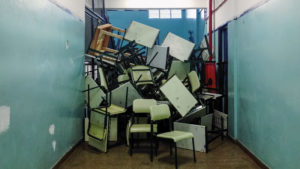
Graziela Kunsch, Escolas [Schools], videostill, Acervo Videobrasil 2016, courtesy the artist and Acervo Videobrasil
Between 2001 and 2003 she opened her house as a “public residency” and hosted residencies, exhibitions, workshops, a restaurant, and a library. Kunsch was also a member of the Movimento Passe Livre (Free Fare/Free Public Transport Movement), of the community design project USINA and co-founder of the Public Clinic of Psychoanalysis. She worked as a teacher at the Federal University of São Paulo and at the State University of Rio de Janeiro and has taught at a theater school, working in collective artistic projects with children, teenagers, and adults.
At documenta fifteen, Kunsch opens a Public Daycare, inspired by the pedagogical approach of twentieth-century Hungarian pediatrician Emmi Pikler, in the Fridericianum. The daycare is open from 10 am to 5 pm, and is free of charge for babies aged 0 to 3 years and those responsible for them. It is intended as a space where we, adults, more than teaching their babies, can learn with them.
Visitors without babies have access to reading and video rooms. On the walls, they can see photographs by Marian Reismann, who for decades documented babies playing, and the relationship between babies and carers, at the Pikler-Lóczy residential nursery, in Budapest, Hungary. In the library, in addition to books on early education, there is a Library of Playful Objects. Videos show recordings the artist made of her daughter’s free motor development. After 6 pm, any visitor can circulate throughout the whole area and see furniture designed for babies’ growing autonomy and environments set up for play, with open-ended materials and no predefined use.
The transformation of the monumental museum building into an everyday living space is a collaboration between Kunsch and Elke Avenarius. Avenarius worked as a civil engineer before becoming a mother and co-founding Kleine Entdecker (Little Discoverers) in Kassel, a nursery that recognizes the child as the protagonist of their own development.
Among Kunsch’s group exhibitions are the Oslo Biennale (2021), for which she edited the sixth issue of Urbânia magazine, focused on the notion of “public as mutual”, and the 29th and 31st São Paulo Biennial (2010 and 2014). She was a resident at the Ujazdowski Castle Center for Contemporary Art, Warsaw (2018) and at The Grand Domestic Revolution project at Casco Art Institute: Working for the Commons, Utrecht (2010 and 2011).
Invited participants
Ágnes Sorossy
Ateliê Arte Educação e Movimento (Suzana Macedo Soares)
Ateliê Carambola
Ateliê Vivo (Andrea Guerra)
Barbara Lackner
Bernd Busse
Bruno Oliveira
Carmen Orofino
Casa do Povo
Cooperativa Emprendedoras Sin Fronteras
Deborah Salles
Ecosimple
Elke Avenarius
Fabricio Remigio
Flávia Lobo de Felício
Francisca Lima
Gabriela Cherubini
Gabriela Feruglio
Guilherme Teixeira
Jamac – Jardim Miriam Arte Clube (Beatriz Tone)
Josiane Pareja
Khadyg Fares
Kleine Entdecker Kinderkrippe
Kokomoo Spielsachen
Larissa Meneghini
Manuela Leite
Maria Luiza de Meneses
Michaela Brüning-Lilienfeldt
Nina Kanitz
Patricia Lima Zahn
Paulo Fochi
Pikler® House
Plackner Werkstatt für Spiel + Pädagogik
Public Daycare
Schreinerei Oetken
Silvana Santos
Strandgut
Suzana Macedo Soares
Tomas Opitz
Ute Strub
